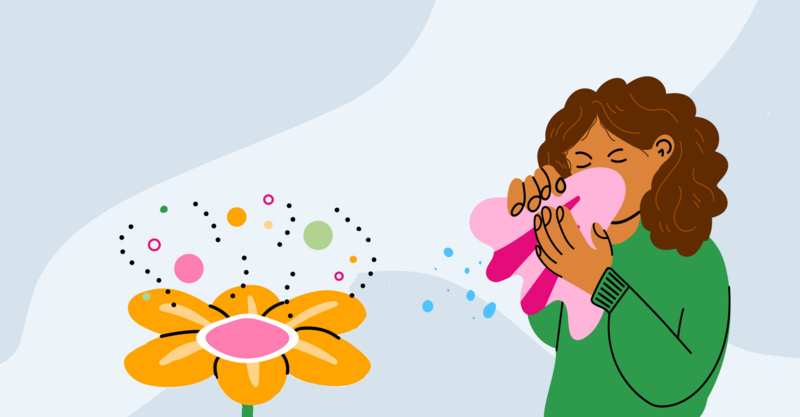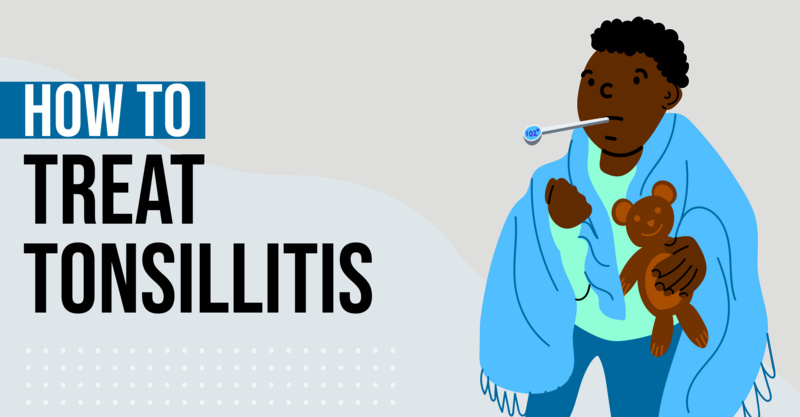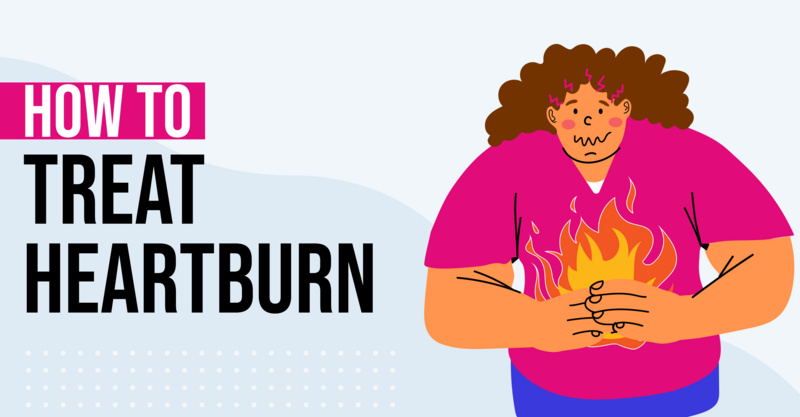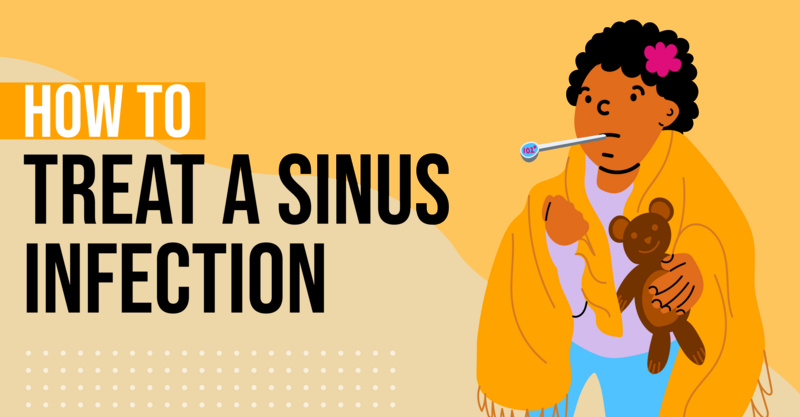Key Points
- Post nasal drip, the feeling of mucus dripping from the back of the nose into the throat, is caused by seven main factors.
- These causes include sinusitis, common cold, influenza, allergic rhinitis, pregnancy rhinitis, certain foods, and some medications.
- Foods that may trigger post nasal drip include dairy and spicy foods.
- Over-the-counter cold medicine, ibuprofen, aspirin, and high blood pressure medications can also lead to post nasal drip.
- The article emphasizes that post nasal drip can also be a symptom of other health conditions like bacterial and viral infections, and gastroesophageal reflux disease (GERD).
Top 7 Post Nasal Drip Causes
1. Sinusitis
Sinusitis occurs when mucus builds up in the nasal passage, causing swelling and inflammation in areas surrounding the nasal passage. Symptoms of sinusitis include headache, runny nose, nasal congestion, and post nasal drip.[1]
Sinusitis can be caused by viruses, bacteria, fungi, and air pollutants. People at highest risk for developing sinusitis are those who have nasal polyps, weakened immune systems, allergies, and previous respiratory infections such as the common cold.[2]
2. Common Cold
This common viral infection of the nose and throat is characterized by symptoms of sneezing, runny nose, nasal congestion, post nasal drip, fever, and body ache. Adults typically experience between two and three colds per year, but children experience them even more frequently. The common cold tends to clear on its own within seven to 10 days.[3]
Cold viruses can spread through exposure to sneezes and coughs from those already infected. Cold viruses can also spread by touching someone who has a cold or by touching surfaces that contain the virus, such as doorknobs, railings, and elevator buttons. You can lower your risk for the common cold by avoiding contact with infected people, exercising regularly, and eating healthy foods that boost immunity.[4]
3. Influenza
Also known as the flu, influenza is a contagious respiratory infection caused by influenza viruses that infect the throat, nose, and lungs. Early symptoms of the flu are similar to those of the common cold, but they tend to develop more abruptly. Common flu symptoms include sore throat, post nasal drip, muscle aches, dry cough, fatigue, and a fever over 100.4 degrees F (38 C).[5]
Flu viruses can spread through the air when someone talks, sneezes, or coughs, and they can be picked up from surfaces touched by people who already have the flu. These viruses can then transfer to the eyes, nose, and mouth. Risk factors for the flu include obesity, pregnancy, a weakened immune system, and chronic illnesses such as asthma or diabetes.[5]
4. Allergic Rhinitis
An allergy occurs when the immune system reacts abnormally to something that is usually harmless to other people, such as pet dander, dust mites, and perfumes. Breathing in substances you’re allergic to can cause inflammation in the nasal and sinus passages as the body reacts to the offending substance. Common symptoms of allergic rhinitis include post nasal drip, headache, sore throat, watery eyes, and coughing.[6]
Common triggers of allergic rhinitis are pollen, animal dander, mold, and dust mites. Avoiding these allergens and reducing your exposure are the best ways to prevent allergic rhinitis, but you can treat symptoms with antihistamines, decongestants, and nasal corticosteroid sprays.
5. Pregnancy Rhinitis
Rising estrogen levels have been shown to stimulate the body’s histamine production. During pregnancy, a woman’s estrogen levels rise to help facilitate a healthy uterus, placenta, and growing baby. As a result, pregnant women are often more susceptible to congestion, post nasal drip, runny nose, ear infections, and sinus infections.[7]
When experienced during pregnancy, these symptoms are commonly known as pregnancy rhinitis. Fluctuations in estrogen levels can cause women who are not pregnant to experience these same symptoms before and after their menstrual periods. Pregnant women can lower their risk for developing rhinitis by drinking plenty of water, keeping the head elevated while sleeping, and avoiding exposure to known allergy triggers such as pet dander and secondhand smoke.[8]
6. Certain Foods
Dairy and spicy foods are common triggers of post nasal drip. Dairy intake has been linked to congestion, runny nose, and post nasal drip in some individuals — particularly those who suffer from asthma.[9] Chili powders and hot peppers contain a compound known as capsaicin, which can irritate the mucous membranes in the mouth and cause post nasal drip.[10] Other foods found to trigger post nasal drip include curry, ginger, and garlic.
Avoiding foods that trigger post nasal drip is the best way to prevent symptoms. Keeping a food journal can help you identify which foods trigger your post nasal drip.
7. Medications
Certain medications, including over the counter cold medicine, have been linked to post nasal drip and other rhinitis symptoms, which commonly include sneezing, cough, runny nose, and stuffy nose. Medications that can trigger post nasal drip are ibuprofen, aspirin, and high blood pressure medications such as ACE inhibitors and beta blockers. Evidence suggests that ACE inhibitors boost histamine production, causing inflammation, cough, post nasal drip, and other related symptoms.[11]
People who use medications that trigger or worsen post nasal drip can talk to their doctors about other effective therapies that don’t cause symptoms. For example, acupuncture can reduce painful symptoms such as headache, arthritis, and neck pain, and it doesn’t lead to post nasal drip or other rhinitis symptoms.[12]
Possible Health Conditions Related to Post Nasal Drip
- Bacterial infection: Post nasal drip is a symptom of many bacterial infections and often occurs alongside symptoms of sneezing, vomiting, fatigue, diarrhea, and fever.
- Viral infection: Post nasal drip is a sign of viral infections such as the common cold, which also produces symptoms of fever, cough, sore throat, stomach cramps, and diarrhea.
- Gastroesophageal reflux disease (GERD): With this digestive disease, stomach acid flows back into the esophagus to irritate its lining. GERD produces symptoms that include nausea, heartburn, belching, dry cough, and post nasal drip.
Questions Your Doctor May Ask About Post Nasal Drip
- Do you suffer from allergies?
- What other symptoms do you experience aside from post nasal drip?
- How long have you experienced post nasal drip?
- What medications do you currently take?
- Do you notice that certain foods trigger post nasal drip?
Post Nasal Drip May Also Be Known as
- Upper airway cough syndrome
- Post nasal drip syndrome
Frequently asked questions
What is post nasal drip?
Post nasal drip is a condition where there is an excess production of mucus leading to a sensation of mucus dripping from the back of the nose into the throat.What are the top causes of post nasal drip?
The top causes of post nasal drip are sinusitis, common cold, influenza, allergic rhinitis, pregnancy rhinitis, certain foods, and some medications.Can certain foods cause post nasal drip?
Yes, certain foods, particularly dairy and spicy foods, can trigger post nasal drip.Can medications cause post nasal drip?
Yes, certain medications including over-the-counter cold medicine, ibuprofen, aspirin, and high blood pressure medications can cause post nasal drip.Is post nasal drip a symptom of other health conditions?
Yes, post nasal drip can be a symptom of various health conditions such as bacterial and viral infections, and gastroesophageal reflux disease (GERD).What is pregnancy rhinitis?
Pregnancy rhinitis is a condition caused by rising estrogen levels during pregnancy that can lead to post nasal drip.Can the common cold or influenza cause post nasal drip?
Yes, both the common cold, which is a viral infection of the nose and throat, and influenza, a contagious respiratory infection, can cause post nasal drip.What is sinusitis?
Sinusitis is an inflammation of the sinuses due to mucus build-up, which can result in post nasal drip.
Solv has strict sourcing guidelines and relies on peer-reviewed studies, academic research institutions, and medical associations. We avoid using tertiary references.









